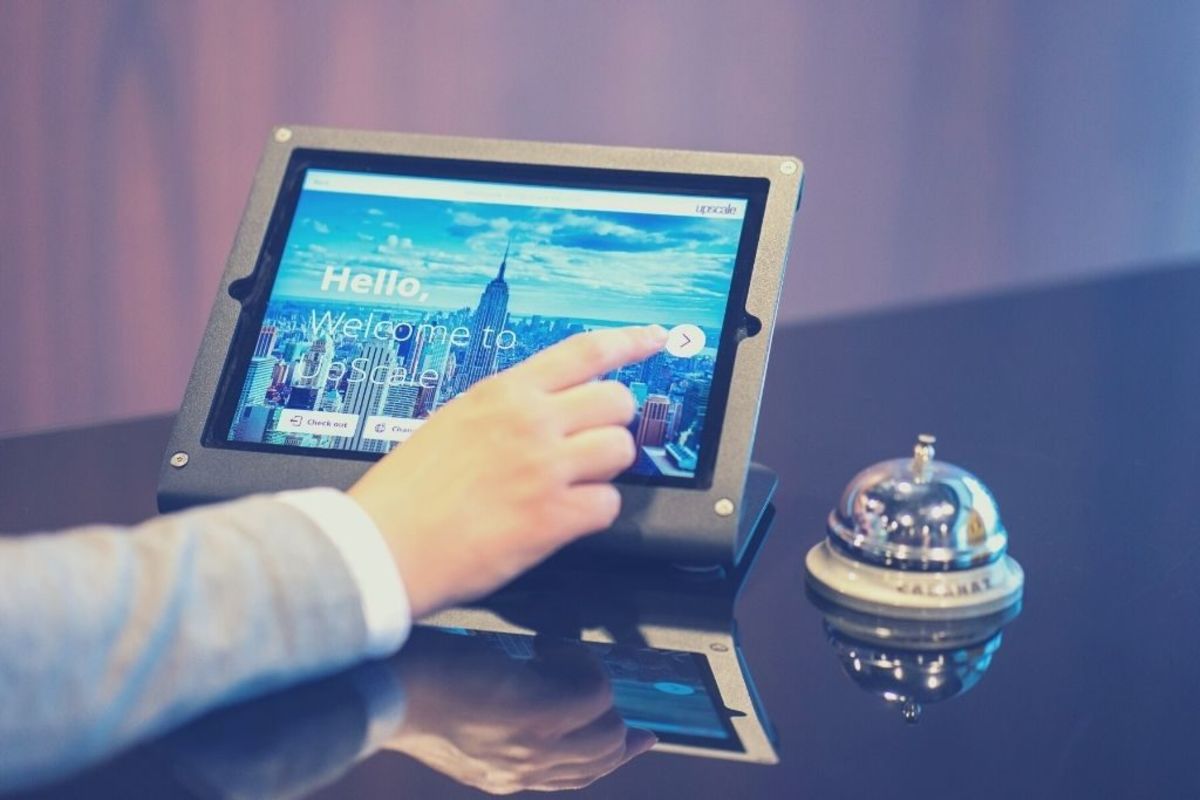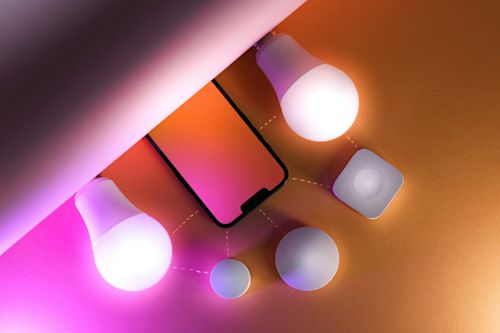
Smartphone applications, digital concierges, robots, and biometric access control: Modern technologies are now an essential part of a hotel’s service offering, and their significance for the industry provides insight into the further development potential of the hospitality sector. Even in the years before the pandemic, renowned hotel chains had already rethought their strategies and invested heavily in technologies to make their guests’ stays even more pleasant and contactless.
The technological innovations of the fourth industrial revolution are having a massive impact on our daily lives, and much has changed in the hospitality industry as well to meet the needs of increasingly smart-traveling guests. A PwC survey provides us with some important data reflecting the new trends in this sector. As early as 2019, 81% of respondents said they would prefer a hotel that offers a digitized stay, and a large proportion would be willing to pay more for a hotel with such an optimized service.
You can forget the key, but not the smartphone!
„Our guests have always been at the center of everything we do at Hilton, and in recent years, integrating physical and digital offerings has been one of the main focuses of our innovation agenda. […] We quickly intensified our efforts to enable our guests worldwide to have seamless, contactless, and controlled experiences,“ said Mike Gathright, Vice President Customer Experience, Hilton Worldwide.
The use of digital keys is widespread in the hospitality industry. Digital keys offer guests greater independence and operators better control. They enable a whole range of functions to be bundled into a single application that guests can easily download to their smartphones. The well-known US hotel chain Hilton has developed the Hilton Honors app to improve the guest experience – with great success.
The app speeds up processes at the reception by enabling digital check-in. The smartphone serves as a mobile room key and allows direct access to the room and the public areas of the hotel. Today, Hilton Honors is available in more than 80% of Hilton hotels and manages more than 121 million accesses.
Robotics and Hospitality
Robotics is an evolving science, and robots are now used in a wide variety of industries because they are able to take on a wide range of tasks in various areas – including hospitality.
At New York’s Yotel, which has become synonymous with modern technology since its opening near Times Square, a robotic arm attracts the attention of guests and curious passersby. It is a focal point in the lobby and fully automatically handles luggage storage for guests.
The Henn-na Hotel in Nagasaki, Japan, is the world’s first hotel with robot staff. Robots are available at the reception and in other areas of the hotel for guests. Interactions take place via biometric recognition and simple dialogues.
Artificial Intelligence and Biometrics
The flagship project of Alibaba, the FlyZoo Hotel in the city of Hangzhou in China’s Zhejiang province, is a particularly good example of what is possible through the combination of different technologies.
„The FlyZoo Hotel stands for Alibaba’s commitment to combining hospitality with technology and ultimately inspiring and enabling the tourism industry to embrace innovation,“ said Andy Wang, CEO of Alibaba.
As in the case of Hilton Hotels, it all started with an app: FlyZoo. Through it, travelers can book their room, choose the floor and the orientation of their room. FlyZoo offers a range of services based on artificial intelligence to provide guests with a convenient, simple, and completely contactless service offering. For example, if guests provide a portrait photo when booking, they can use facial recognition to gain access to the hotel. To use the elevator, enter their room, or access fitness studios or swimming pools, they simply have to hold their face in front of the biometric facial reader for identification.
Each room is also equipped with the intelligent assistant Tmall Genie, which helps guests adjust the temperature, lights, or curtains, or play music. This pioneer in home automation interacts with guests by responding to voice commands through which guests communicate their wishes.
The hospitality industry is extremely competitive, so it must keep pace with evolving technological trends. Technology can help the industry simplify processes, optimize operating costs, and improve the guest experience.



